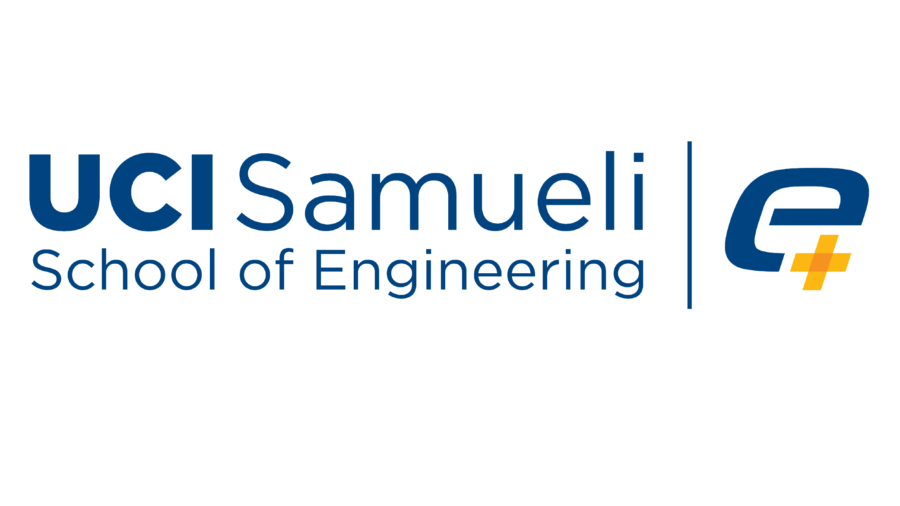UC Irvine Researchers Secure Grants From Chan Zuckerberg Initiative
Awarded as part of the second phase of CZI’s deep-tissue imaging program, the projects will involve work under multiple disciplines. These include biomedical engineering, chemistry and materials science. The funding is intended to lead to the creation of new tools that go beyond the capabilities of magnetic resonance imaging, computerized tomography and ultrasound to help the medical community obtain a much deeper understanding of biological systems.
Stacy Copp, UCI assistant professor of materials science and engineering, is leading a $1.85-million, four-year program to develop molecular-scale emitters for deep-tissue imaging. Copp said the innovation has the potential to enable researchers and medical practitioners to see through cells and bodily tissues without ionizing radiation such as x-rays. She said she expects the results of her project to have direct applications in cancer research and therapeutics development.
“This work builds off of my laboratory’s discovery of near infrared-emitting silver nanoclusters stabilized by DNA,” said Copp. “We will be developing these into versatile bioimaging tools for deep-tissue imaging by combining approaches in nanochemistry, machine learning-guided nanomaterials design and biomolecular chemistry.”
Copp will be joined in this project by Nathan Gianneschi, a chemist and materials scientist at Northwestern University, and Petko Bogdanov, a computer scientist at the University of Albany (State University of New York).
Michelle Digman, UCI associate professor of biomedical engineering, and Jennifer Prescher, UCI professor of chemistry, are part of a $2.5-million, four-year project to create new bioluminescent probes and platforms for imaging hard-to-access tissues.
“This work leverages our group’s expertise in small molecule luciferin design, computational enzyme engineering and multi-spectral visualization,” said Prescher. “We hope that the collection of new tools and methods will be enabling for the community at large.”
Digman said, “We will work to create far-red and near-infrared luminescent probes by using artificial intelligence-driven protein design to revolutionize molecular imaging in deep tissue and enable functional monitoring of cell-based therapeutics.”
Other collaborators on this project are UC Santa Cruz biomedical engineer Andy Yeh and Ming-Ru Wu of the Dana-Farber Cancer Institute and Harvard Medical School.
Stephen Jett, CZI’s Imaging Program manager, said, “These projects led by Dr. Copp, Dr. Digman and Dr. Prescher at UCI bring together interdisciplinary expertise to drive important progress towards creating new tools that could have a significant impact on the clinical applications of deep tissue imaging.”
Read more on the UCI Samueli School of Engineering website.



